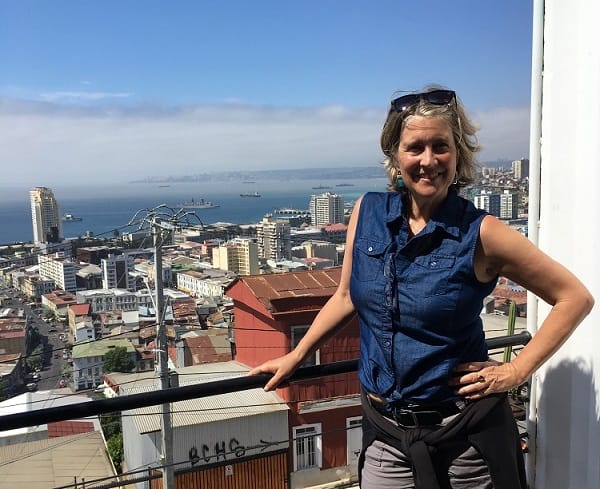

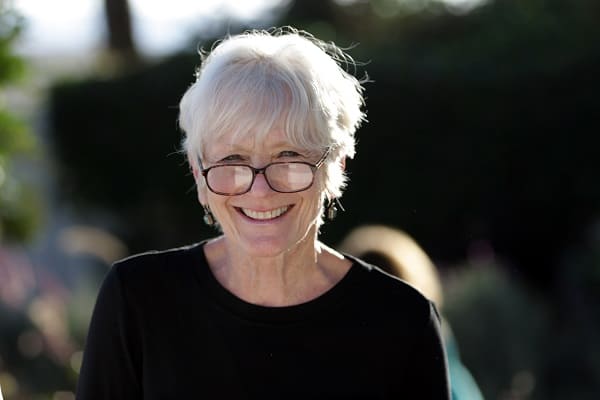
Barbara Abercrombie: The Language of Loss
When Barbara Abercrombie’s husband died, she found the language of condolence, no matter how well intended, often unhelpful and sometimes downright irritating. In her grief, she yearned for words that acknowledged the reality of what it felt like to survive a loved one’s death and that could unflinchingly speak to the sorrow and loneliness (and sometimes even guilt and anger) that can show up in the mourning process. When she searched for a book that might help, they were all either too clinical or too flowery. She ultimately created the book that she needed. Finding that ordinary language wouldn’t do, she discovered that it was poetry that cut to the chase.
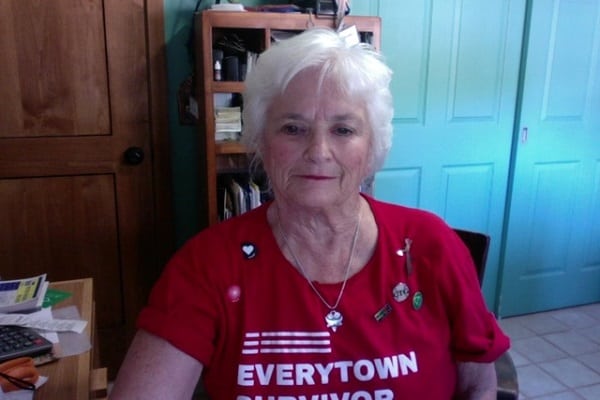
Patricia Maisch: Unlikely Activist
Patricia Maisch is an unlikely activist. She led a modest, non-public life with no desire for a public one. She and her husband owned and operated an HVAC business in Tucson, Arizona. They raised their son, saved their money, and planned for retirement. But her life changed when she decided to attend a “Congress on Your Corner” event on January 8, 2011. It was at this event that Patricia became first, a witness to a mass shooting, then a survivor, and finally one who could not stay silent about gun violence. At this event a murderer killed six citizens, including a 9-year-old girl, and injured 18 others, including then Congresswoman Gabby Giffords. Patricia was not only a witness to the shootings, but played an instrumental role in robbing the murderer of the opportunity to take even more lives. She has since testified before the US Senate and dozens of other law-making bodies and media outlets. This modest woman has also been detained in the US Capitol for protesting their rulings, but she remains undaunted, supporting organizations that assist gun violence survivors and work toward sensible gun laws.
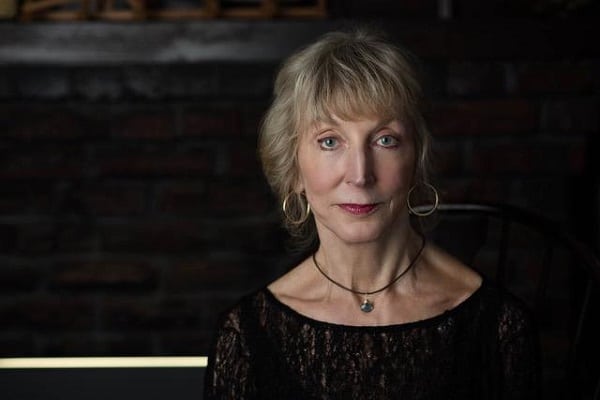
Judy Bebelaar: And Then They Were Gone
Judy Bebelaar loved teaching in San Francisco public high schools for 37 years, where she nurtured young poets and writers in her classes, many of them winning writing prizes, including eight on the national level. As a co-founder of Opportunity I and II, public alternative schools, never could she, or really any of the educators then, have imagined that literally dozens of the Opportunity students would die in the tragedy of Jonestown under the twisted spell of Jim Jones of the People’s Temple.
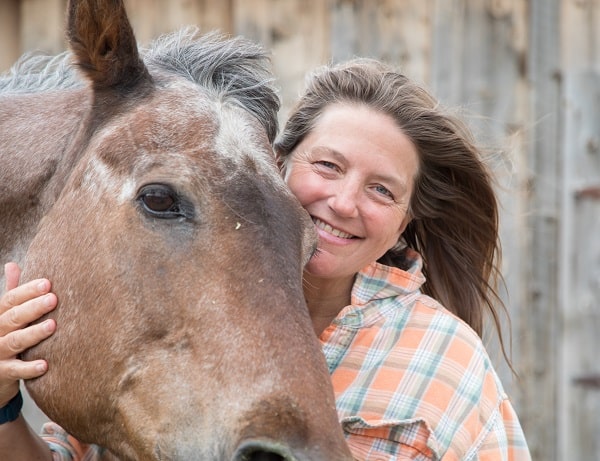
Pam Houston: Politics Gets Personal
Along with her dedication as a writer and coach to other writers, Pam Houston has had a long love affair with nature and has been a fierce advocate for environmental protections. Her memoir, Deep Creek: Finding Hope In The High Country, is a love story to the ranch she calls home and bounty of beauty that she’s found all over he world. The memoir won the 2019 Colorado Book Award, the High Plains Book Award and the Reading The West Advocacy Award. Her most recent work is, Air Mail: Letters of Politics Pandemics and Place coauthored with Amy Irvine. She is also the author of Cowboys Are My Weakness and Sight Hound, as well as four other books of fiction and nonfiction, all published by W.W. Norton. She lives at 9,000 feet above sea level on a 120-acre homestead near the headwaters of the Rio Grande and teaches at UC Davis and the Institute of American Indian Arts. She is cofounder and creative director of the literary nonprofit Writing by Writers and the fiction editor at the Environmental Arts Journal Terrain.org.
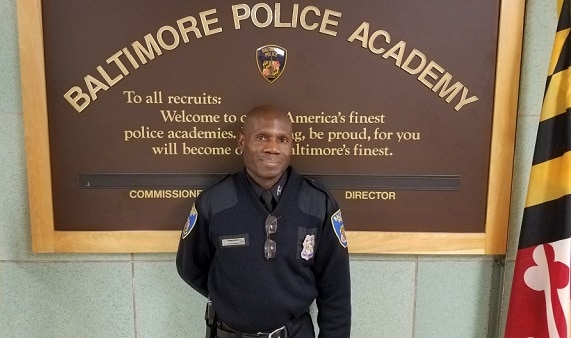
Edward Doyle-Gillespie: Philosopher Cop
Edward Doyle-Gillespie is a walking stereotype buster who shatters assumptions among his colleagues and in his community. First headed toward a career in academia where he could study history, literature, and philosophy, the events of 9/11 redirected his path and he became a Baltimore City police officer where he now teaches community policing, ethics, and counterterrorism. In his department Ed found that he neither fit the stereotype of what many would presume a Black man in Baltimore might be, nor does he fit many of the stereotypes of police officers in general. Neither fish, nor fowl, Ed has chosen to learn, to grow, and to bring his own values and experiences to his work in his day job at the police academy, which still fulfills that original mission of protecting people from bad guys, while still writing and publishing poetry including Masala Tea and Oranges and On the Later Addition of Sancho Panza.